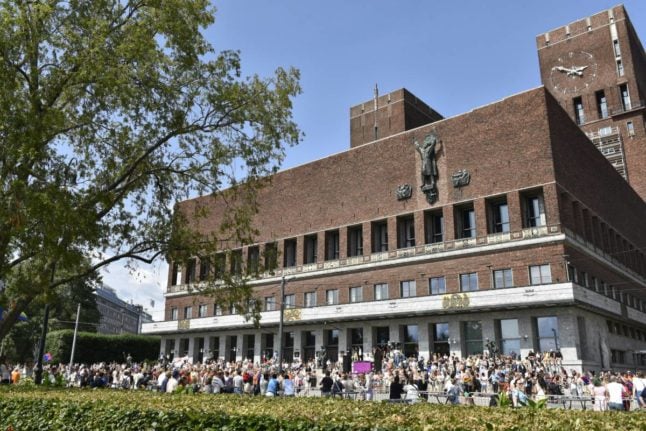Permanent residence allows holders to live and work in Norway indefinitely and simplifies life by eliminating permit renewals and conditions such as needing to hold a specific type of job.
Depending on your situation, you can apply for permanent residence after three or five years of living in Norway.
The process for those who moved to Norway under the EU/EEA registration scheme can apply for the “permanent right of residence” under the Freedom of Movement rules. This doesn’t come with many rules other than residing in Norway for five years.
The application for those from outside the EEA is a bit more stringent. You will need to have held a residence permit that qualifies you for permanent residency for three or five years.
Most applicants will be eligible after three years, as this requirement applies to those with family and work permit holders.
New rules on financial support
Norway’s Directorate of Immigration has removed the financial support requirement as of April 18th, 2024.
“The change comes in the wake of UDI’s work to identify and propose possible simplifications in the current regulations, with the intention of streamlining case processing and obtaining a more digitisation-friendly regulation,” the UDI wrote on its website.
The rule required applicants to have not received financial benefits under the Social Services Act. Under this rule, applicants would have had to submit a document stating they had not received assistance.
This is no longer necessary for applications submitted on or before this date.
However, the income rule remains. This applies to those aged between 18 and 67 and requires applicants to have had an income of at least 296,550 kroner over the previous twelve months.
What are the other rules?
The other rules for permanent residence will remain the same. These require you not to have been convicted of a criminal offence or ordered to undergo enforced psychiatric treatment or care.
You will also need to have completed mandatory tuition in the Norwegian language and social studies or document that you have been granted an exception.
If you can document that you have all four parts of the Norwegian language test at A2 level: oral, listening, reading, and written presentation and that you have passed the social studies test in Norwegian, then you will be exempt.
This is all in addition to having met the requirements for the residence permit that you held prior to applying for permanent residence.
The UDI has a wizard that will give you an overview of the specific requirements that will apply to your situation.



 Please whitelist us to continue reading.
Please whitelist us to continue reading.
Member comments